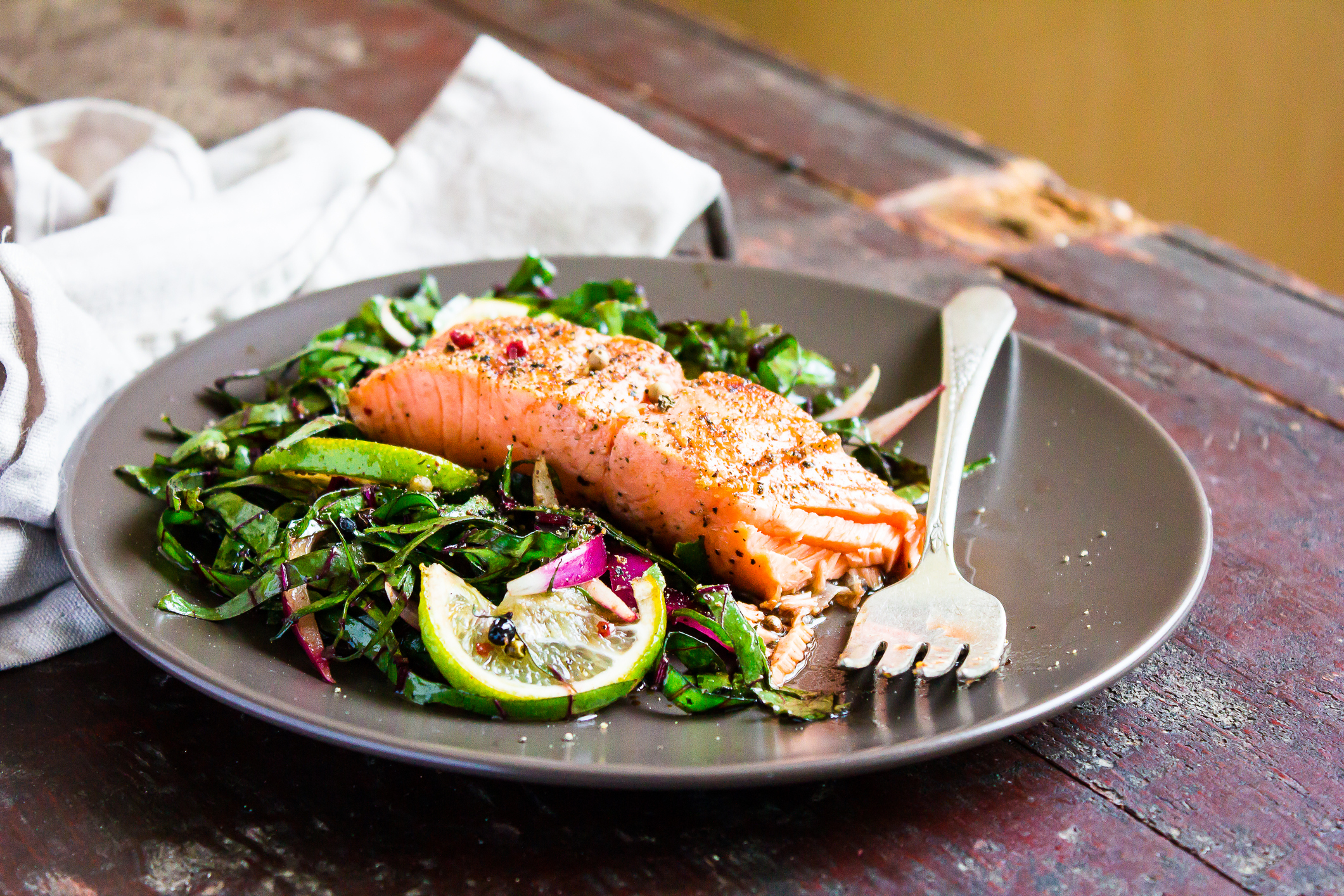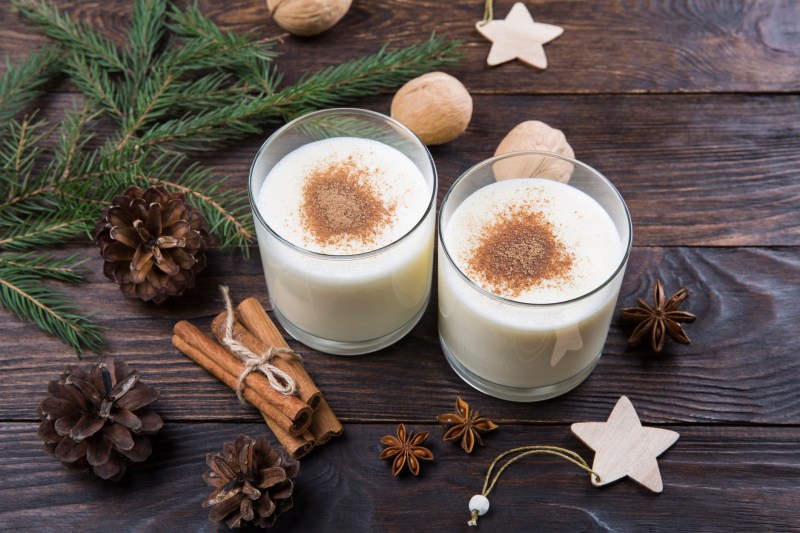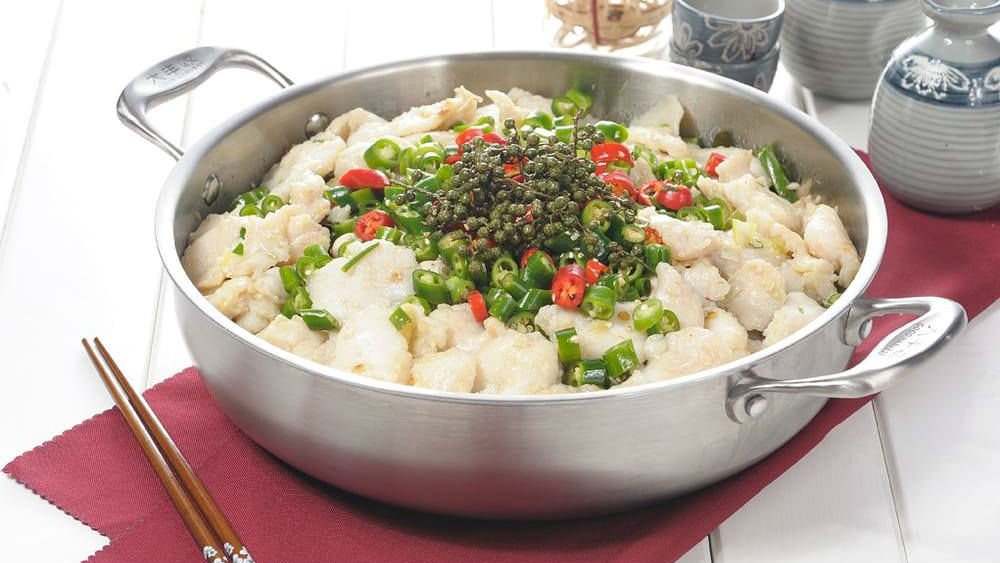The holiday season is a memorable time for most people who get to take a moment to relax and spend time with family. Unfortunately, this ease usually creeps into the diet, and weight loss is no longer a priority. Higher stress levels, a lack of physical activity, and the abundance of food available are all impactful factors.
It can be hard to control the food placed in front of you, and some of your family members may be offended if you don’t try what they bring. Besides, do you really want to miss out on those creamy mashed potatoes, delicious fried calamari, and your favorite dessert? It’s a trying time for dieters. So much of the food is given to you the way it is, and only the portion size is under your control.
It turns out that you can still eat all or most of the delightful holiday foods you love as long as you follow these tips. We’ll help you get through your holiday season and still maintain your health and weight goals. Instead of gaining weight through the end of the year, you might actually be able to lose it. At the very least, you should be able to keep it steady.

Practice portion control
When you look at that holiday table creaking under the weight of all the most delicious food your friends and family know how to make, you usually want to try some of everything. Here’s the good news – you can! You just need to take small amounts of things. Instead of a heaping glob of mashed potatoes, just get a small spoonful or two. It’s just as delicious in small quantities.
Also, avoid snacks; a handful of peppermint bark here and some cheese and crackers there add up really quickly. It’s challenging to practice portion control while snacking because it’s very difficult to keep track of, so when possible, avoid it altogether. If you really need a snack, try some fruit, a protein bar, or low-fat cheese.
You could also try eating more slowly. When you eat quickly, your body doesn’t process how much food you’ve eaten, and you end up eating much more than you actually need. If you eat more slowly instead, you’ll give your body time to give your brain the signal that you’re full.

Prioritize protein and veggies
Turkey is a clean white meat with a lot of protein and not too much fat. In fact, the nonprofit organization Heart.org says turkey is very similar to chicken and could be even lower in fat if you leave off the skin. It’s much better for you to fill up on turkey than on mashed potatoes. All of the tryptophan contained in turkey is actually also good for you (and, fun fact, it has nothing to do with making you sleepy; that feeling of lethargy is more attributable to the overdose of carbs).
Go for the ham, too. It’s not quite as good for you as turkey, but it’s still a lot better than filling up on the side dishes. If you’re looking for something more interesting, check out some other main dishes you might enjoy instead. There are a lot of options for the protein center of a meal besides turkey, and whichever one your family chooses, it should be the focal point of your plate as well as of the table.
Tread carefully when it comes to vegetables, though. Green bean casserole is sometimes more mushroom soup than it is green beans, and glazed carrots are heavy with sugar. You might need to bring your own vegetable dish, like a salad, to share. You can also try to bring plain green beans or a veggie platter. Unfortunately, though, there are very few traditional holiday items that are heavy on vegetables, so if you want to have some, you’ll probably have to be the one to bring it. Consider joining forces with other health-conscious family members to get more than one vegetable dish or petition the main cook for healthier options.

Don’t drink your calories
When you eat food, it’s easy for your body to notice how much you’re eating and tell you when it’s enough. Unfortunately, you’re not as good at sensing the calories you’re getting from liquids. It’s easy to drink soda, something sparkling, or sugary alcohol without realizing how much it’s hurting your health and how many calories you’re ingesting.
This holiday season, try to drink mostly water. Alcohol can be great for socializing, though, so if you do want to have a drink or two, focus on low-calorie liquors. Avoid mixers that have sugary juices or soda, as well as beers and similar types of alcohol that are made from wheat.
It helps that water is also very good for you. Most people don’t drink enough water anyway, but as it turns out, it also makes you feel more full! Water has no calories at all, but it can still fill up your stomach to make you feel satisfied and eat less. It also can aid in digestion by helping to break down the food.
Plan ahead
Think about the food that will be served ahead of time and plan what you’re going to eat. This might involve bringing alternatives, such as a salad, to help you get your vegetables or mashed cauliflower to replace the potatoes.
Think about the different foods everyone is going to bring. You should have a pretty good idea of what will be there, and you can plan ahead of time what the best meal is. For example, you can expect to fill your plate mostly with salad and turkey and put small portions of stuffing and mashed potatoes on the side.

Prep your own dessert
One of the biggest temptations during the holiday season is dessert. Of course, everyone enjoys baking and sharing their desserts, but eating a serving of dessert baked by every single member of your extended family is not a healthy habit. On the other hand, you don’t want anyone to feel left out. Finding the right balance can be challenging.
Instead, try bringing a healthy dessert for yourself, so you don’t feel left out. For example, something with lots of peanut butter might give you enough protein to make you feel full and satisfied without wrecking your diet, and fruit can bring sweetness without the unhealthy sugar overload. You can also check out apples or another gut-healthy food to include in your dessert.
You can still try some of the other offerings, of course! Just make sure to do so in moderation. For example, eat just a bite or two of pumpkin pie, sugar cookies, brownies, and so on. You’ll still get all of the delightful variety, but you won’t feel bloated and have a sugar crash. It’s the best of all worlds!

Get some exercise
Don’t forget that dieting is only one side of the coin. It’s very difficult to lose weight only by restricting food; you also need to get yourself moving and stay active. It can be hard to maintain your exercise routine if you’re traveling, but there are lots and lots of other non-gym activities that you can do to keep yourself fit, work off some calories, and have fun too!
Plus, most of these ideas are even better with other people, so you can encourage the rest of your family to be healthy as well. On top of that, you’ll be doing fun, festive activities that don’t revolve around food, as opposed to most parties and Thanksgiving or Christmas dinners, where the food is the center of attention.
You can try going ice skating or taking a walk through the snow if you’re lucky enough to have it (make sure to bundle up). If there are young children in your family, have a snowball fight with them or take them sledding. You could take advantage of local ski lodges, but those are likely to be expensive. Too cold for outdoor activities? Go to a festive dance or host one for your family! There are also incredibly fun indoor places like trampoline parks to take the kids for a day. Maybe the kids would like to build an indoor obstacle course. There are dozens of ways you can keep up physical activity while having a blast with your family.

Don’t be too hard on yourself
The holiday season is filled with stress. Difficult family members, travel plans, trying to find gifts, and so much more can all feel overwhelming. Just remember that it’s okay to give yourself a break. Feeling healthy can help you deal with stress, but focusing too much on your health can make the problem worse.
If you slip up and eat several sugar cookies because your niece who baked them was looking at you with sad eyes, don’t beat yourself up over it. If you step on the scale and find yourself a pound or two heavier, it’s okay. You can try to push yourself to be more active during this season to recover, but don’t punish yourself for failure.
You might also try to look into the reasons you’re feeling these cravings. If you’re constantly stumbling over sugar, for instance, this article on how to resist sugar cravings could be a lifesaver. The same thing goes for the intensely starchy foods like stuffing and potatoes — figure out where the cravings are coming from to cut them off at the start.
There’s no point in keeping one pound off if you feel like you just can’t possibly enjoy the holidays without the heaping helping of your Aunt Lauren’s famous green bean casserole. The goal of living a healthier life is also to live a happier life. If you push yourself too hard to be perfectly healthy, you might end up not enjoying your holiday season at all, and that’s missing the entire point.
Frequently Asked Questions
How do you eat smart during the festive season?
The festive season always throws a lot of challenges at you and your health. You need to work with a lot of different strategies in return. The biggest tips are to focus on healthy foods like lean meat and vegetables, avoid drinking high-calorie beverages, and maintain exercise as well as healthy eating routines.
What is the best thing to eat during the holidays?
Vegetables! There’s no shortage of meat during the holidays, and there’s definitely much more sugar and starch than you need, but it can be hard to find vegetables. That means you may have to bring your own salad or plain green beans. You might offer a vegetable platter for an appetizer. In my family, we recently started putting a plate of vegetables on a side table before the main meal, and it turned into a beloved tradition.
How much weight do most people gain over the holidays?
It seems like this answer ought to be a lot, but in fact, most people gain only one pound, on average, over the holidays. Stanford notes, though, that while that seems like a small amount, it can compound with other weight gains if it isn’t lost soon after. So don’t panic too much about the weight gain of the holidays, but don’t ignore the problem, either.
Is it okay to cheat on your diet on vacation?
It depends on what you mean by “okay.” No, eating a few more cookies isn’t going to ruin your diet, your health, and your chances of love forever. However, you definitely don’t want to let that be a trend. There’s a huge difference between having a few snacks a day and allowing two entire months to slide away in a reckless binge.
If you do pick up a pound or two over the winter season, you can try to return to your previous routine afterward. That would be a lot easier, though, if you only took a few liberties. On the other hand, if you spent the entire season eating everything in sight, it’s going to be much, much harder to get back in the stride of your diet. Hey, if all else fails, what are New Year’s resolutions for?




